
The Director of Research at the Institute of Economic Affairs (IEA), Dr John Kwakye, is concerned about the low female candidates in the 2024 general elections.
He noted that the low number of female candidates means Ghana will not do well in its quest to achieve gender parity in Parliament. In a post on his X page, he said “It’s sad to learn about low female candidates in the 2024 elections. This means Ghana is retrogressing in terms of gender parity in Parliament, a trend that needs to be reversed through intensive activism.”
https://t.co/w3VCbXysZ8. It’s sad to learn about low female candidates in the 2024 elections. This means Ghana is retrogressing in terms of gender parity in Parliament, a trend that needs to be reversed through intensive activism.
— J. K. Kwakye (@JohnKwabenaKwa1) October 27, 2024
Dr Kwakye was reacting to the lamentations of Dr. Bossman Asare, the Deputy Chairman of the Electoral Commission (EC), who had also expressed worry regarding the low participation of female candidates in Ghana’s 2024 general elections, highlighting this issue as a considerable gender gap that obstructs inclusive political representation.
Speaking at a forum in Winneba titled “Enhancing the Electoral Process and Fostering Peaceful Co-existence,” Dr. Asare addressed an audience of religious leaders and political representatives, underscoring the crucial role of women in governance.
Out of more than 800 parliamentary candidates nationwide, only 120 are women, a situation Dr. Asare called “unfortunate.”
“In this year’s nomination, the filing fee for female candidates and persons with disabilities was reduced by 25 percent. So for the presidential election, male candidates paid GH¢100,000, while female candidates and persons with disabilities paid GH¢75,000. For the parliamentary elections, male candidates paid GH¢10,000, while female candidates and persons with disabilities paid GH¢7,500. The idea was to encourage more women to take part in the process, but unfortunately, the numbers that came were not very encouraging.
Despite these reductions in fees, Dr. Asare stressed that the low number of women in Parliament not only impacts gender equality but also limits socio-political advancement.
He asserted that women’s involvement is essential for balanced decision-making, stating, “Women’s representation in politics is essential for fostering balanced decision-making and ensuring that the needs and perspectives of all demographics are addressed in national policies.”
The post Ghana is retrogressing in terms of gender parity in Parliament – IEA’s Kwakye first appeared on 3News.
Read Full Story
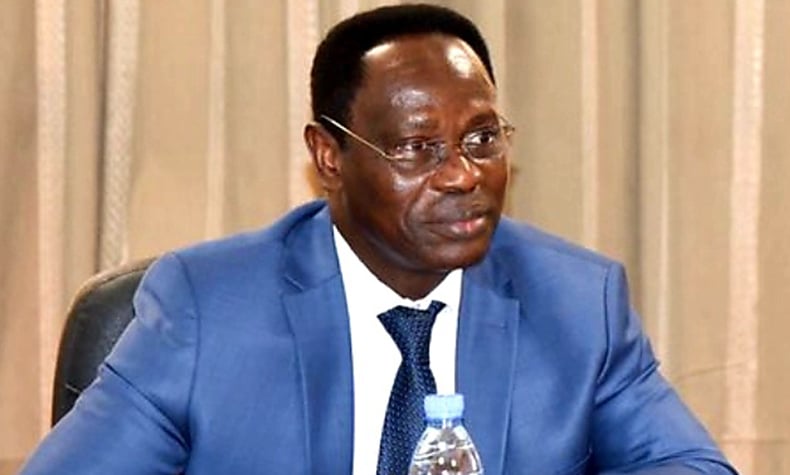

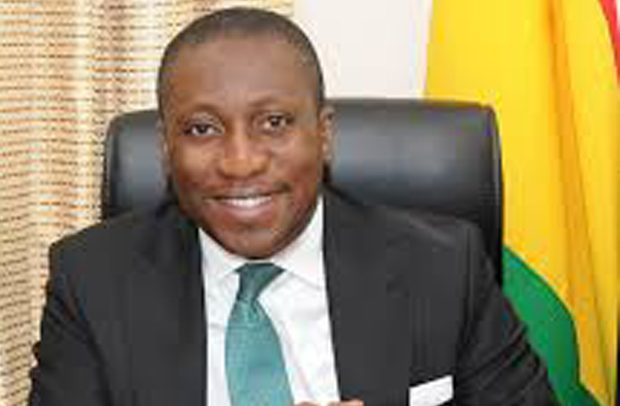
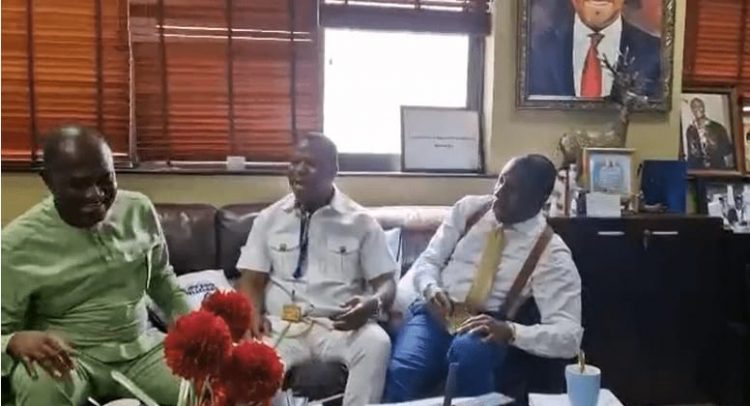



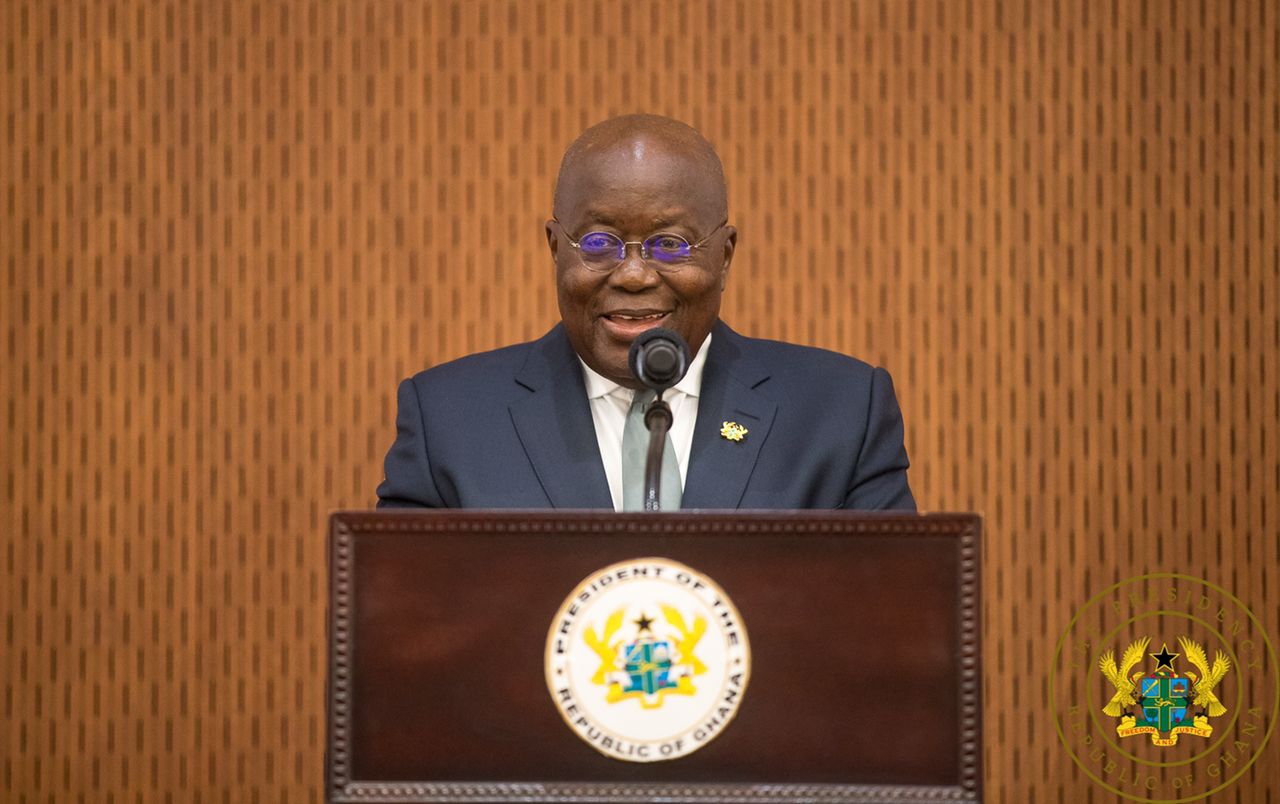

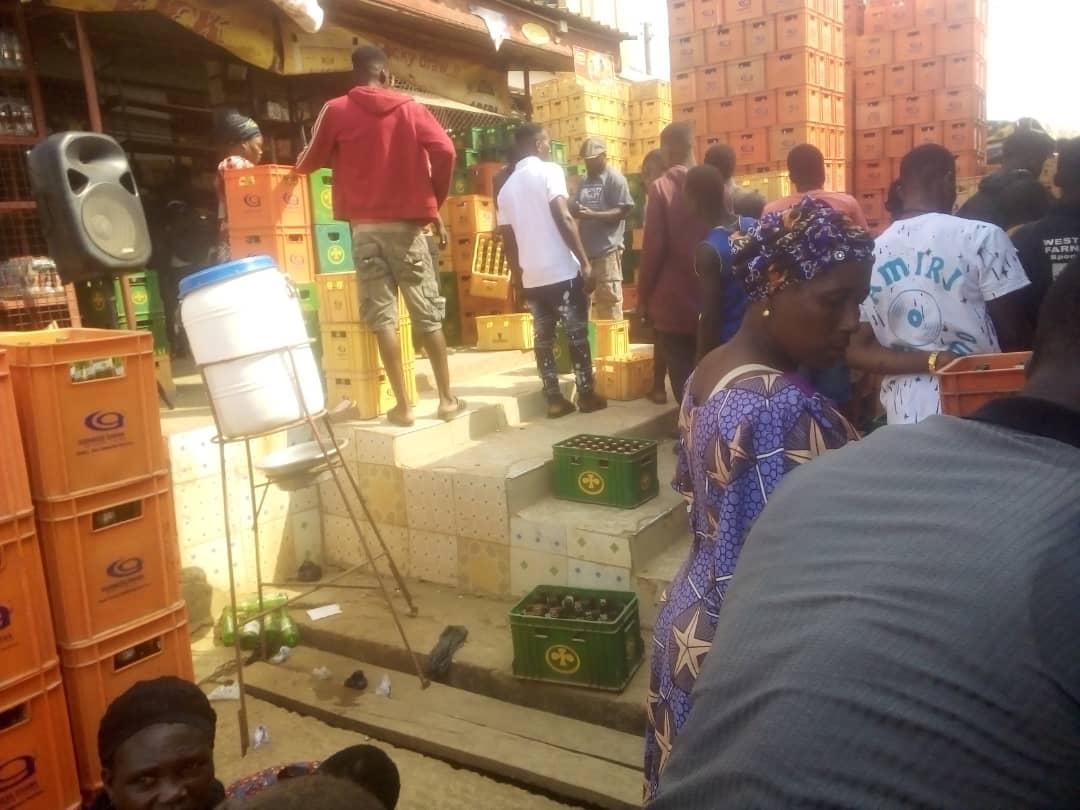


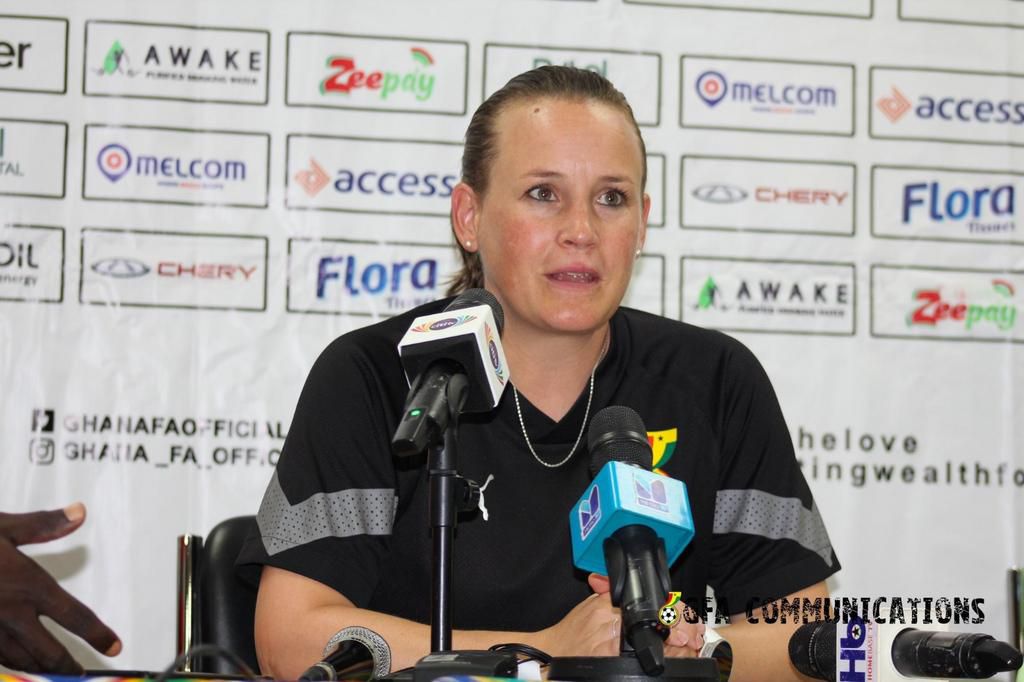
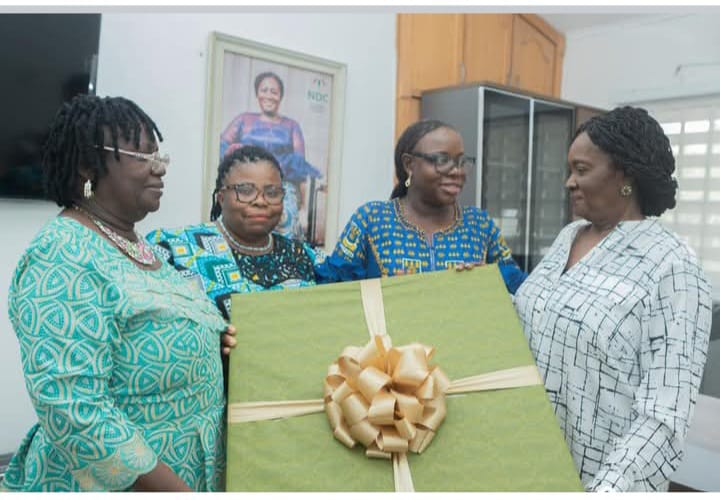


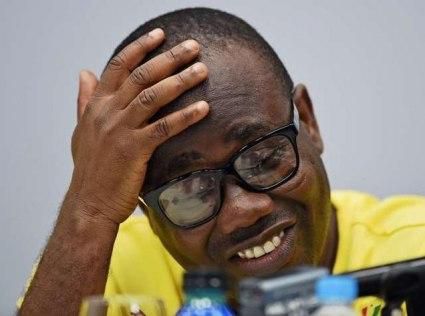
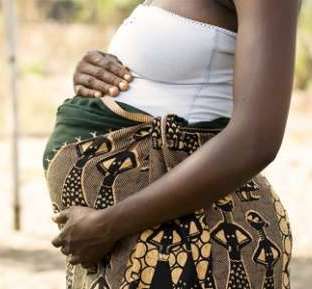
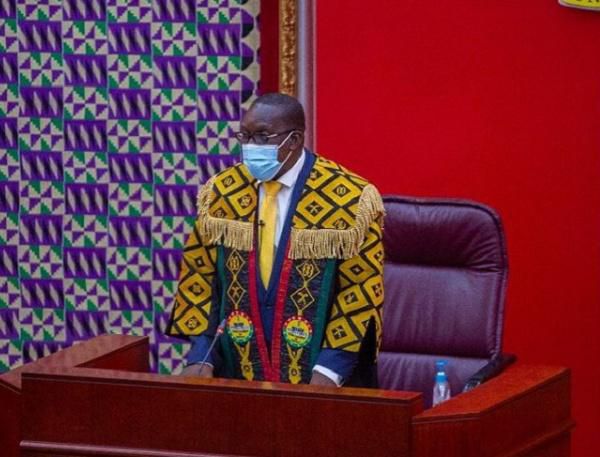
Facebook
Twitter
Pinterest
Instagram
Google+
YouTube
LinkedIn
RSS